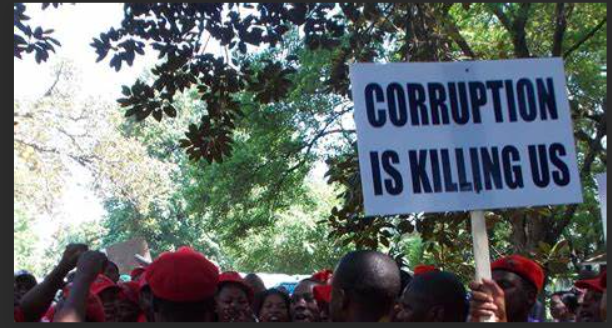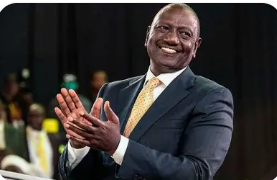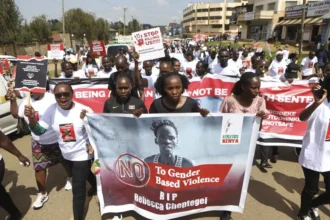Abuja, Nigeria – A growing chorus of voices across West Africa is decrying the systemic looting of national resources by government officials, past and present, turning state coffers into personal piggy banks and leaving ordinary citizens to bear the burden. From oil and gas rigs in Nigeria to gold mines in Ghana, evidence is mounting that powerful figures are exploiting their positions to amass staggering wealth at the expense of their nations’ development.
The situation, a complex web of corruption, patronage, and opaque deal-making, is fueled by weak governance, lack of transparency, and a culture of impunity, according to analysts. While resource-rich countries like Nigeria, Ghana, and Senegal possess the potential to significantly improve the lives of their citizens through resource revenues, the reality is often starkly different.
“We are witnessing a form of economic sabotage,” states Dr. Fatima Diallo, a Senegalese economist specializing in governance. “These officials, entrusted with managing our resources, are instead prioritizing their own personal enrichment. This undermines public trust and hinders progress on crucial issues like poverty reduction, healthcare, and education.”
Reports of dubious deals, inflated contracts, and outright embezzlement are becoming increasingly common. In Nigeria, leaked documents have allegedly exposed how former oil ministers have benefited from sweetheart deals that diverted billions of dollars in oil revenues into private accounts. Similarly, in Ghana, investigations into the gold mining sector have uncovered instances where politically connected companies have secured operating licenses under questionable circumstances, reaping massive profits while contributing little to the national treasury.
“The problem is not just about individual corruption,” explains Kofi Mensah, a Ghanaian civil society activist. “It’s about a system that is designed to favor the powerful few. The laws are often weak, enforcement is lax, and there is a distinct lack of political will to hold those responsible accountable.”
The consequences of this resource plunder are far-reaching. It exacerbates inequality, fuels social unrest, and breeds mistrust in government institutions. Moreover, it perpetuates a cycle of dependence on foreign aid, hindering long-term sustainable development.
In Sierra Leone, The Gambia, Liberia and Guinea, past officials of government – many with expensive properties at home and abroad in other countries – have become extremely wealthy at the expense of their people.
International organizations are also raising concerns. Transparency International has consistently ranked several West African nations low on its corruption perception index, highlighting the pervasive nature of the problem. The World Bank and the IMF have also urged governments in the region to improve governance and transparency in the management of their natural resources.
However, change appears slow in coming. Experts believe that addressing this systemic issue will require a multi-faceted approach, including:
- Strengthening anti-corruption institutions:Â Providing these bodies with the resources and independence they need to effectively investigate and prosecute corruption cases.
- Promoting transparency and accountability:Â Making contracts and financial transactions related to resource extraction publicly accessible.
- Empowering civil society:Â Supporting the work of investigative journalists and advocacy groups that hold government officials accountable.
- Strengthening the rule of law:Â Ensuring that laws are enforced fairly and impartially, regardless of political affiliation.
The fight against resource plunder in West Africa is a critical battle for the future of the region. Only by tackling corruption and ensuring that resource revenues benefit all citizens can these nations realize their full potential and break free from the cycle of poverty and inequality. The question remains whether the political will exists to make meaningful and lasting change. The eyes of the international community, and, more importantly, the citizens of West Africa, are watching closely.









